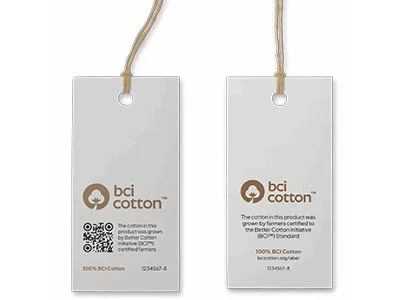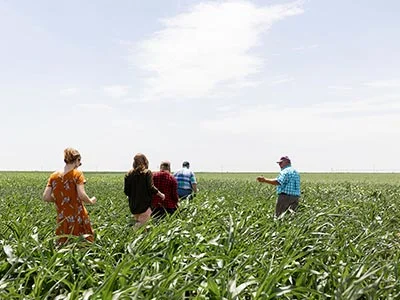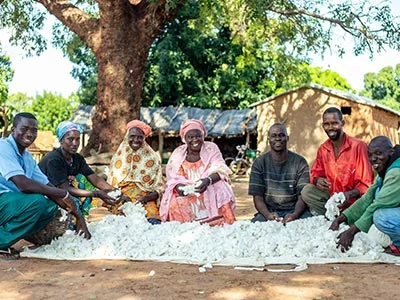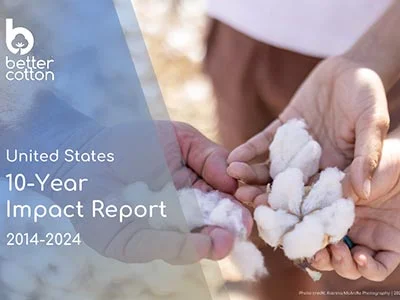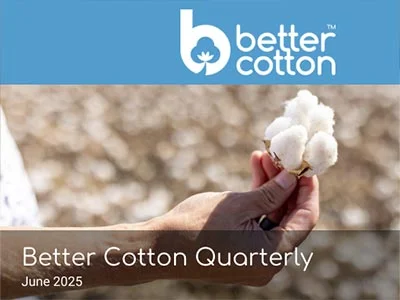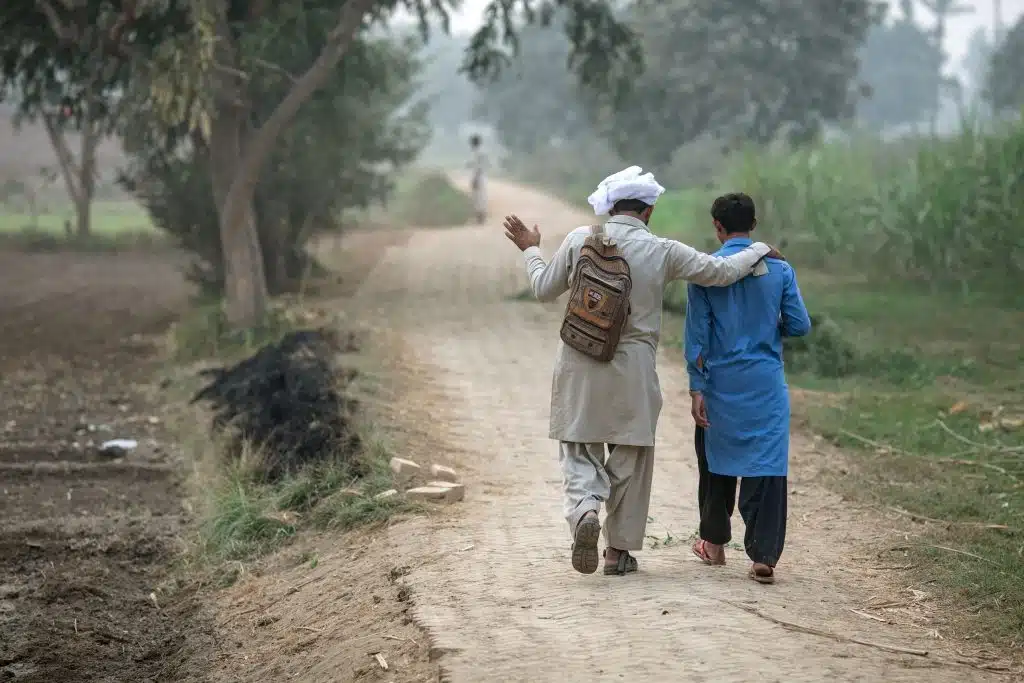
Better Cotton has recently developed a partnership with Search For Justice, a member of the Children’s Advocacy Network and leading not-for-profit organisation working on child protection issues in Pakistan. The partnership is supported by the Better Cotton Growth & Innovation Fund’s (GIF) Knowledge Partner fund, aiming to support Better Cotton and its partner, Rural Education & Economic Development Society (REEDS) on child labour prevention efforts in Rahim Yar Khan, Punjab.
According to a labour force survey carried out by the Pakistan Bureau of Statistics (2021-22), more than 1.2 million children aged 10-14 are employed in Pakistan, of which 56% are working in the agricultural sector. In reality, Pakistan’s child labour estimates are much higher, with some sources suggesting up to 10 million children, across age groups, engaged in child labour (NRSP, 2012). A rapid assessment of the child labour situation in Rahim Yar Khan and three other Punjab districts, by the National Rural Support Program (NRSP) in 2012, also emphasised the significance of the challenge, estimating approximately 385,000 children engaged in child labour across the four Southern Punjab districts, 26% of which were engaged in cotton farm labour.
Against this backdrop, our 18-month project with Search For Justice aims to strengthen the capacities of 195 field staff, to support increased understanding and awareness at farm level of the difference between age-appropriate child work and child labour. It will also mentor and support field staff on the identification, monitoring and remediation of child labour, including increasing awareness of relevant legal and institutional mechanisms.
Another key ambition of the partnership is to consult with public sector stakeholders in Punjab to support advocacy initiatives on child labour, and decent work, more generally.
With ambitious global targets, set through the UN’s Sustainable Development Goals, to end child labour in all its forms by 2025 (SDG 8 – Target 8.7), Better Cotton and its partners are committed to supporting global efforts, taking significant measures to prevent, identify and remediate child labour in cotton farming contexts.
Tackling child labour requires an integrated approach, which considers its multiple underlying causes. This is why Better Cotton considers it fundamental to collaborate with relevant partners to make progress, especially considering the magnitude of the challenge in cotton, and the agricultural sector more generally.
We will share information on the progress and outcomes of the partnership as it develops, as well as providing updates on our efforts to strengthen rights protections in cotton production more broadly. If you’d be interested in learning more or supporting Better Cotton in its mission to promote decent work at farm level, please contact Amanda Noakes, Global Decent Work and Human Rights Coordinator.






